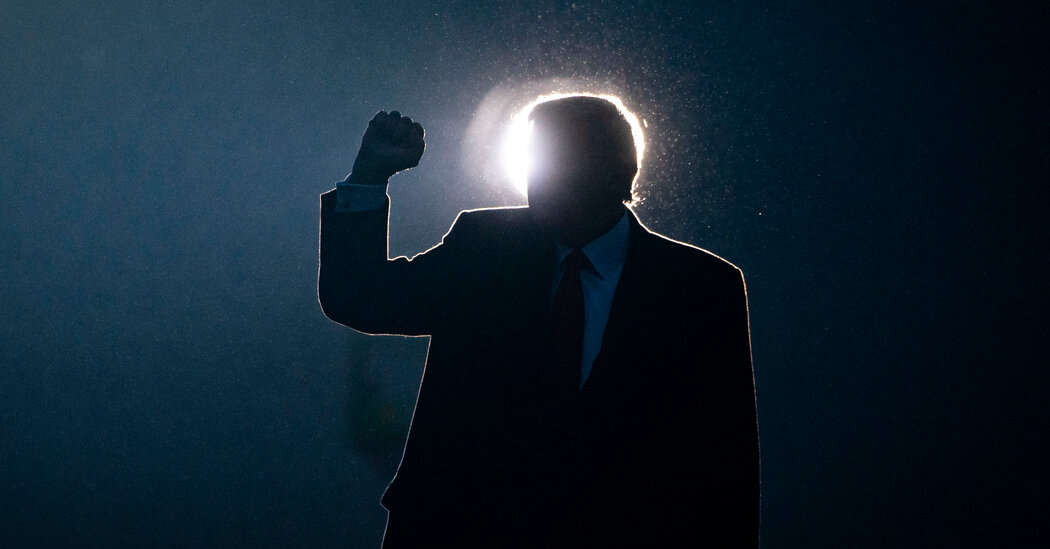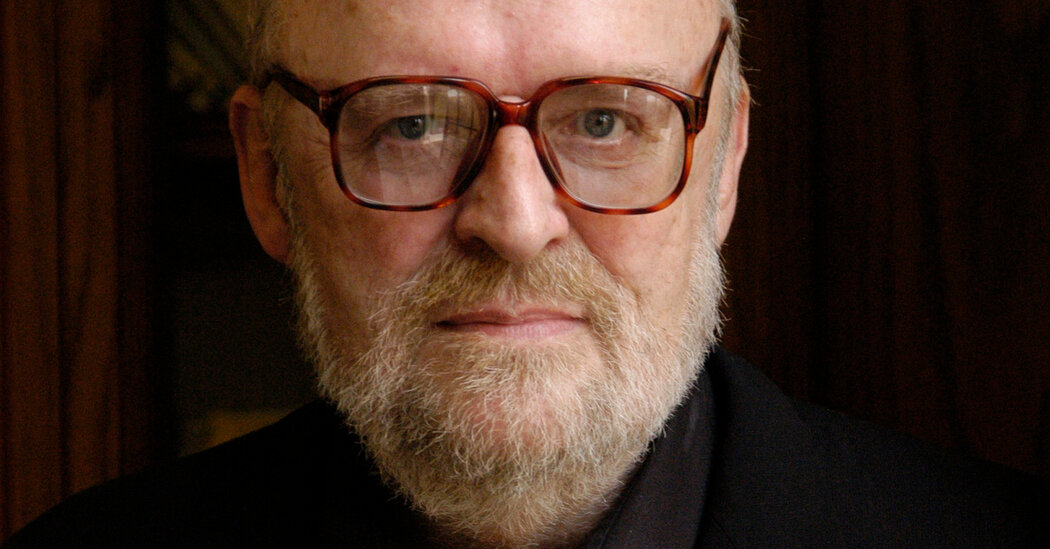As President Trump’s assault on America’s civic institutions approaches its 100th day, the question is whether those charged with maintaining the integrity of Congress, the law, the courts, the media, academia and the civil service recognize the seriousness of the threat they face.
With the exception of Harvard, three law firms and a small set of federal judges, their track record does not inspire confidence.
A crucial tactic adopted by Trump in his second term is to isolate a target. Justin Gest, a professor of public policy at George Mason University, elaborated on that point in an email:
On April 14, Harvard publicly rejected Trump administration demands for changes in university teaching, hiring and admission policies. The decision put at risk as much as $9 billion in federal grants but appeared to stiffen the spines of the leaders of other colleges.
Alan M. Garber, the university’s president, explained the reasons for the decision in a separate message sent that day to the Harvard community. He wrote that what the Trump administration would require of the university
Less than 12 hours after Harvard rejected the Trump administration’s demands, Claire Shipman, the acting president of Columbia University, effectively renounced Columbia’s March decision to submit to Trump’s ultimatums calling for major alterations of academic policies:
What appears to be happening is that recognition of the fact that making even small concessions will only encourage the administration to keep asking for more is spreading.
Advertisement
SKIP ADVERTISEMENT
Why? Because Trump is insatiable.
Take the early interactions between the Trump administration and Columbia.
On March 21, according to The Times, Columbia University, facing the threatened loss of $400 million in federal grants, acceded to demands to toughen policies governing protests, antisemitism and campus security.
Subscribe to The Times to read as many articles as you like.




